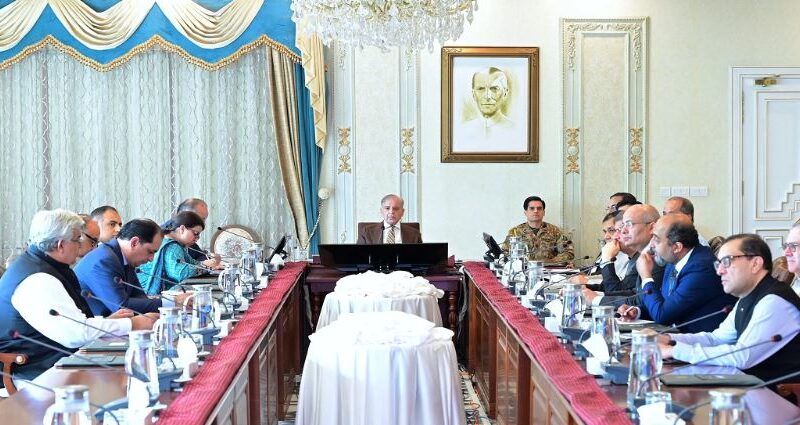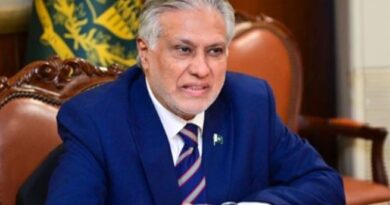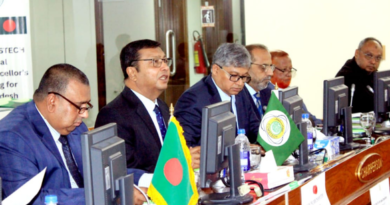Economic development impossible without modernizing outdated system: PM
Vows rights-based population agenda aligned with SDGs, FP 2030 targets
APP
ISLAMABAD: Prime Minister Shehbaz Sharif on Friday said that the transformation of the outdated system into a modern, digital, and effective governance model was among the government’s priorities, as economic development and prosperity were impossible without modernizing the system to meet contemporary demands.
The prime minister, chairing a meeting, directed to introduce reforms to enhance the performance of ministries and hire the services of experts in every sector.
During a meeting, the Ministry of Energy gave a detailed briefing on a system comprising experts for improving governance and implementing reforms.
The prime minister said that the country could not achieve progress with the system that has been in place for seven decades.
He highlighted that Pakistan was rich in resources, and its young workforce was its most valuable asset, with many talented Pakistanis bringing fame to the country globally.
Prime Minister Shehbaz lauded Minister for Energy Sardar Awais Khan Leghari and his team for their tireless efforts and emphasised that assistance from internationally renowned experts and consultants was crucial for systemic change, and introducing new thinking and governance methods through reforms aligning with modern requirements.
He said that the energy ministry’s reforms, reduction in losses, and saving billions of rupees for the national treasury served as a role model for other ministries.
Prime Minister Shehbaz directed the formation of a committee to finalize actionable proposals for the restructuring of other ministries and institutions, considering the reforms in the energy ministry. The committee will also focus on recruiting the best workforce, aligning ministries with modern systems, and improving governance through reforms.
During the briefing, it was told that under the National Electricity Plan, 134 strategic directives had been implemented in the ministry, where the ministry handles policy, monitoring, and future planning, while a technical arm comprising sector experts handles implementation, innovation, and planning.
The meeting was also given a detailed briefing on the profiles of the sector experts and the current working of the ministry under the established system.
Meanwhile, as the international community observes World Population Day on Friday, Prime Minister Shehbaz Sharif said that his government was fully committed to a comprehensive, rights-based population agenda with a focus on equitable access to healthcare, informed family planning, and strengthening systems allowing individuals to make choices about their future with dignity and autonomy.
“These efforts are fully aligned with Pakistan’s commitments under the Sustainable Development Goals (SDGs) and Family Planning 2030 targets. The stability of population growth requires a coherent, multi-sectoral approach,” he said in his message to the nation on the Day, annually observed globally on July 11 to reiterate the global unity and commitment to promote sustainable population growth and inclusive development.
He said that this year’s theme, “Empowering young people to create the families they want in a fair and hopeful world,” carried a significant message for Pakistan’s demographic landscape.
“With a population of 242 million, approximately 65% of whom are under the age of 30, Pakistan stands at a critical juncture in its history. This huge youth population represents both an extraordinary opportunity and a significant challenge,” he remarked.
Prime Minister Shehbaz said that Pakistan’s young population could become a dynamic force driving innovation, productivity, and national development if attention was given to their good upbringing and empowerment. However, managing such a large and growing population also places immense pressure on public resources and governance systems, he added.
He urged all stakeholders—federal and provincial governments, development partners, civil society, the private sector, religious leaders, and local communities—to fulfil their shared responsibility and commitment to address these population challenges and build a healthier, more prosperous future for Pakistan



